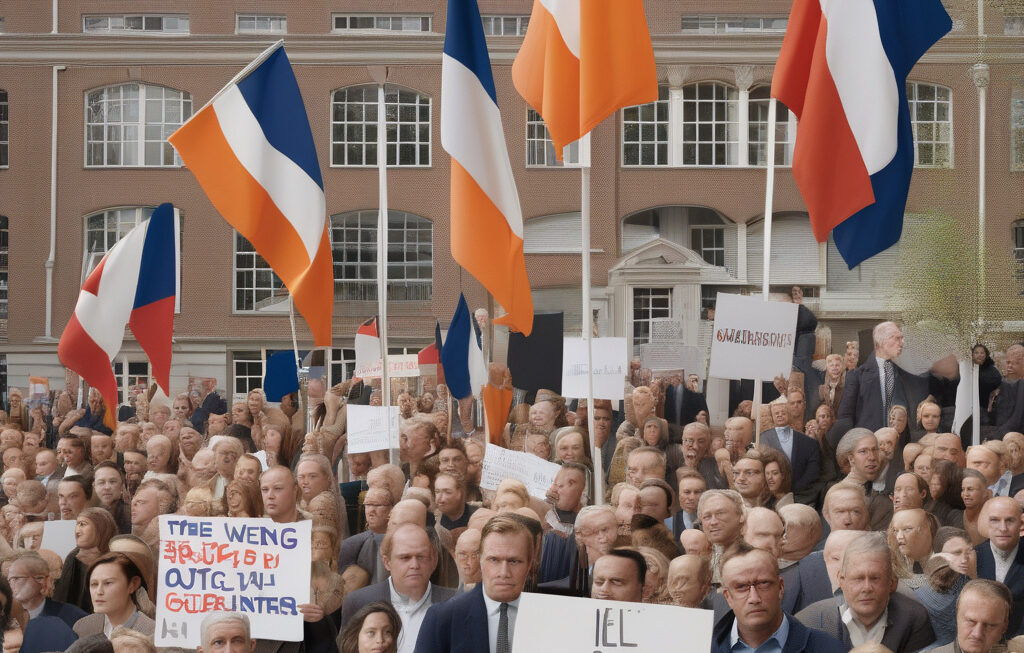AI-Free Literature: Why a Scottish Poet is Advocating for a Human Touch in Creative Writing
The advancement of artificial intelligence (AI) has undoubtedly revolutionized various industries, from healthcare to finance. However, as AI tools become more sophisticated, concerns are growing over their impact on creative writing. In a world where algorithms can generate poetry and prose, Scottish poet Isla MacLeod is making a stand for AI-free literature, advocating for the preservation of the human touch in the art of storytelling.
MacLeod, known for her evocative verses that delve into the depths of human emotions, believes that true creativity stems from the complexities of the human experience. In a recent interview, she expressed her apprehension about the rise of AI-generated content in the literary world, emphasizing the importance of genuine human expression in literature.
While AI tools can analyze vast amounts of data and mimic writing styles, they lack the innate ability to infuse written work with authentic feelings and lived experiences. MacLeod argues that true literary masterpieces are crafted not just with words, but with the soulful essence of the writer embedded in every sentence.
The debate over AI in creative writing is not new. Proponents of AI-generated content argue that these tools can enhance efficiency and productivity, allowing writers to overcome creative blocks and explore new ideas. However, critics like MacLeod contend that the proliferation of AI-generated literature could lead to a homogenized literary landscape devoid of originality and depth.
In a world where algorithms dictate our preferences and algorithms curate our reading lists, MacLeod’s call for AI-free literature serves as a poignant reminder of the irreplaceable value of human creativity. She believes that literature should be a reflection of our shared humanity, a tapestry woven from the diverse voices and perspectives of individual writers.
MacLeod’s advocacy for AI-free literature has gained traction among fellow writers and literary enthusiasts who share her concerns about the impact of AI on the creative process. Many are drawn to the idea of preserving the authenticity and uniqueness of human expression in an increasingly digitized world.
As technology continues to advance at a rapid pace, the question of AI in creative writing remains a complex and multifaceted issue. While AI tools can undoubtedly offer valuable support to writers, they should not overshadow the intrinsic value of human creativity and imagination in literature.
In the end, perhaps the true essence of storytelling lies not in the perfection of algorithms, but in the imperfect beauty of human creativity. As Isla MacLeod eloquently reminds us, the soul of literature resides in the unfiltered emotions and genuine experiences that only a human touch can convey.
AI, literature, creativity, IslaMacLeod, humanexpression











